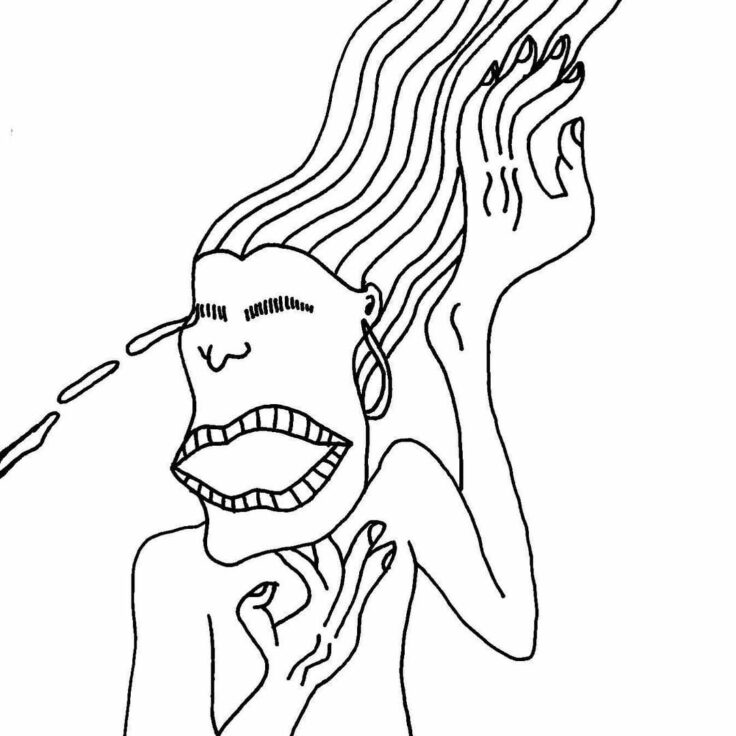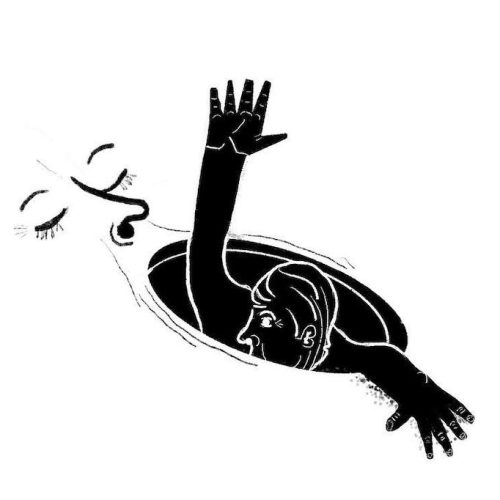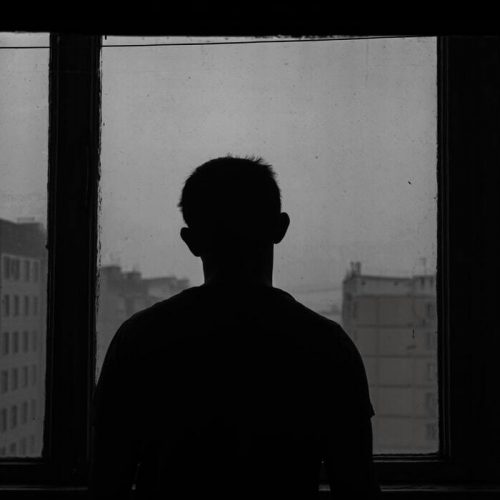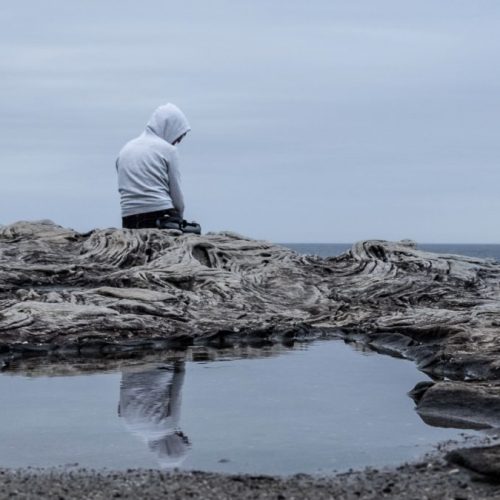At 17-years-old, I decided to pay my grandfather a visit. He suffered from Alzheimer’s. We weren’t very close and he barely remembered me, but I liked seeing him anyway. My visits to his home were usually uneventful. My aunt lived in his home. Another family member lived there too—but even as a child, I was never allowed to be in close contact. He suffered from schizophrenia. Only I didn’t know, and no adult in my family had ever straightforwardly acknowledged his mental illness. I’d simply been told he’s “a little crazy”.
What would have been a typically uneventful afternoon wound up to be anything but. He suffered a psychotic episode. It was intense, and I found myself at its centre. In the midst of it all, the family asked me to ignore him, just as they had done for years. He was an outcast after all, and to them, he was either cursed or possessed. Perhaps I could have suggested medical treatment, but I was a teenager that had no grasp of mental health—let alone access to services in Tunisia.
Years went by, and I began to confront my own struggles with mental health—and in the process, I was confronted with the loud stigmas that surrounded the subject in the region. I was then told that my relative had in fact been diagnosed with schizophrenia, and hospitalised on multiple occasions. But his mental illness was still seen as either benign or far too taboo to discuss. And if not, symptoms were dismissed as signs of evil eye, the result of witchcraft, and jinn possession.
And it’s not exclusive to my family. According to a recent study, 60 per cent of those suffering from mental disorders in the UAE seek out faith healers before medical services. Faith-based healing is deeply entrenched in Arab culture, and when it comes to treating mental illnesses, it’s often a roadblock, delaying the prognosis and thus medical treatment for what can be years.
Yet, despite the lack of prognosis, the scattered data that does exist points to mental disorders being increasingly on the rise in the Arab world, with depression and anxiety as the most common disorders, according to the World Health Institute (WHO).
Combined with cultural stigmas rendering the topic too taboo to be discussed, the road to adequate and accessible mental health treatment for many Arabs is both long and bumpy. Even the non-sceptics might find difficulty finding psychologists and psychiatrists.
In truth, there’s a shortage of mental health practitioners even on a global scale, with the United States in the midst of a mental health crisis with a mere 28,000 psychiatrists servicing its staggering population of 327 million. Which equates to nine therapists per 100,000 people. That’s pretty dire, but the number of practitioners in the region paint an even more terribly grim picture.
According to one report, Bahrain sits at the top of the list with just five psychiatrists per 100,000 people. Kuwait and Qatar follow with an average of three per 100,000 people. As for the rest of the region, the numbers dwindle, averaging one psychiatrist per 50,000.
Not to mention, mental health services only amount to two percent of regional governments’ health budgets, half of global levels of spending, according to WHO.
Data has also pointed to mental illness and its links to war, political instability, and displacement that have distressed populations across the Middle East and North Africa for decades. As much as 50 per cent of young Palestinians from low-income families have been documented to suffer from mental health problems. No extensive studies have been conducted to examine the effects of the Arab Spring, but the likelihood of a link to an increase in mental health issues is anything but inconceivable.
Hopefully our generation can start to destigmatize the subject surrounding mental health and encourage open honest conversations and a sense of ownership within our communities. If the governments won’t fork out the cash to adequately facilitate the resources we need, then we all need to step up.
Illustration by Roshbena









